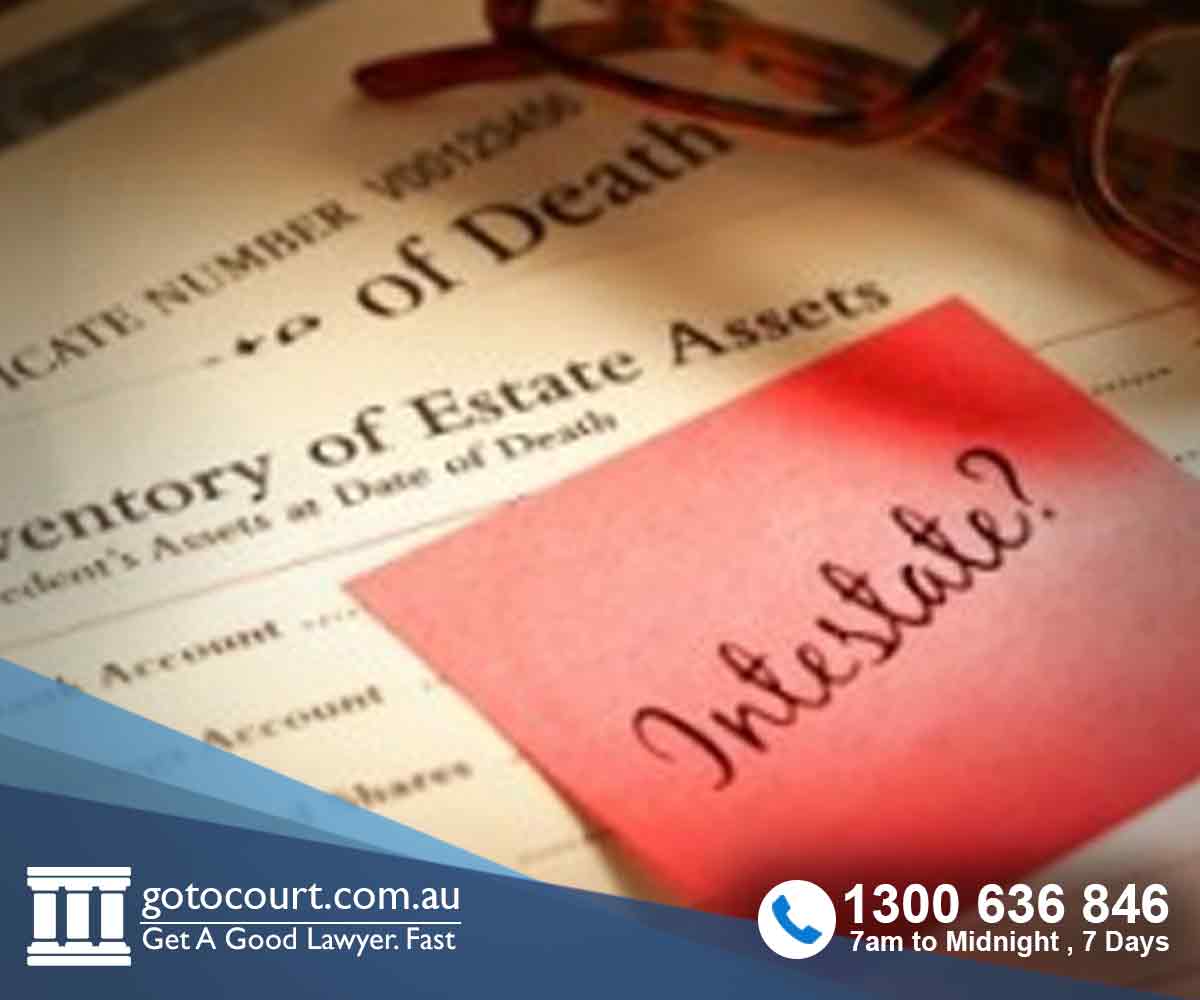Bankrupt Deceased Estates in SA
In South Australia, where a deceased estate contains more debts than assets, it will be necessary to administer the estate differently. Rules that govern insolvent estates set out the order in which creditors of a deceased estate are to be paid. This article deals with bankrupt deceased estates in South Australia.
There are two ways that insolvent deceased estates in South Australia can be administered. Firstly, they can be administered under the Administration and Probate Act 1919, which is the South Australian law that governs deceased estates. Secondly, they can be dealt with under the Bankruptcy Act 1966 (Cth) which is the Commonwealth law that deals with both living and deceased bankrupt estates.
If, after an estate has been administered, its value is not sufficient to pay off all of the deceased estate’s debts, those unpaid debts will die with the person unless they were debts held jointly with or guaranteed by another person. In these instances, the debts will pass automatically to the surviving co-owner or guarantor for their payment.
Administration and Probate Act
Under the Administration and Probate Act of South Australia, if the deceased estate is believed to be insolvent – that is, unable to pay all of its bills – then the administrator, the executor, or a creditor of the insolvent estate may file a declaration with the Registrar of Probates in the Probate Division of the Supreme Court. This can be filed either before or after there has been a grant of probate or administration.
The declaration has to be served on the administrator or executor of the estate. Once it has been served the executor or administrator of the deceased estate must then administer the estate in the same manner as the estate of a person who has been declared bankrupt. Any person with an entitlement to the estate will then be treated as though they are a creditor of the estate. The executor or administrator will have to distribute the deceased’s assets to pay a part of, or all of, the debts in accordance with the same rules that apply under the Bankruptcy Act.
Bankruptcy Act
The bankrupt or insolvent estates of deceased persons can be administered in bankruptcy. This includes both the estates of persons who were insolvent at the time of their death and those estates that become insolvent because of debts that were incurred by the legal personal representative of the deceased estate. If a person should die after a bankruptcy process has been started, the process will continue as if they were still living. If a person should die leaving insufficient assets to pay their debts, a creditor or creditors who are owed $5,000.00 or more, or the executor or administrator of the estate of the deceased person may seek an order from the Federal Court for the administration of the estate in bankruptcy.
If the application is granted then the executor or administrator will not act in the administration of the deceased estate. The Trustee in Bankruptcy will carry out the role of administrator of the estate in accordance with the Bankruptcy Act. The Bankruptcy Act provides for the ordered and rateable distribution of the assets of the estate to the creditors. It also gives the trustee powers to take back assets that were disposed of for less than market value or due to preferential payments. This could increase the value of the assets in the estate.
Preserved assets
Preserved assets are assets that do not have to be distributed in accordance with the same rules that apply to the other assets of the estate. In some cases the proceeds of the deceased’s life insurance policies are preserved from the bankruptcy. If the policy does not belong to the deceased the proceeds are not available for the deceased’s creditors. For example, if the spouse of the deceased had insured their life, the spouse and not the estate would be entitled to all of the proceeds of the policy. Some superannuation proceeds are also protected by legislation and that protection cannot be revoked.
If you require legal advice or representation in any legal matter, please contact Go To Court Lawyers.








